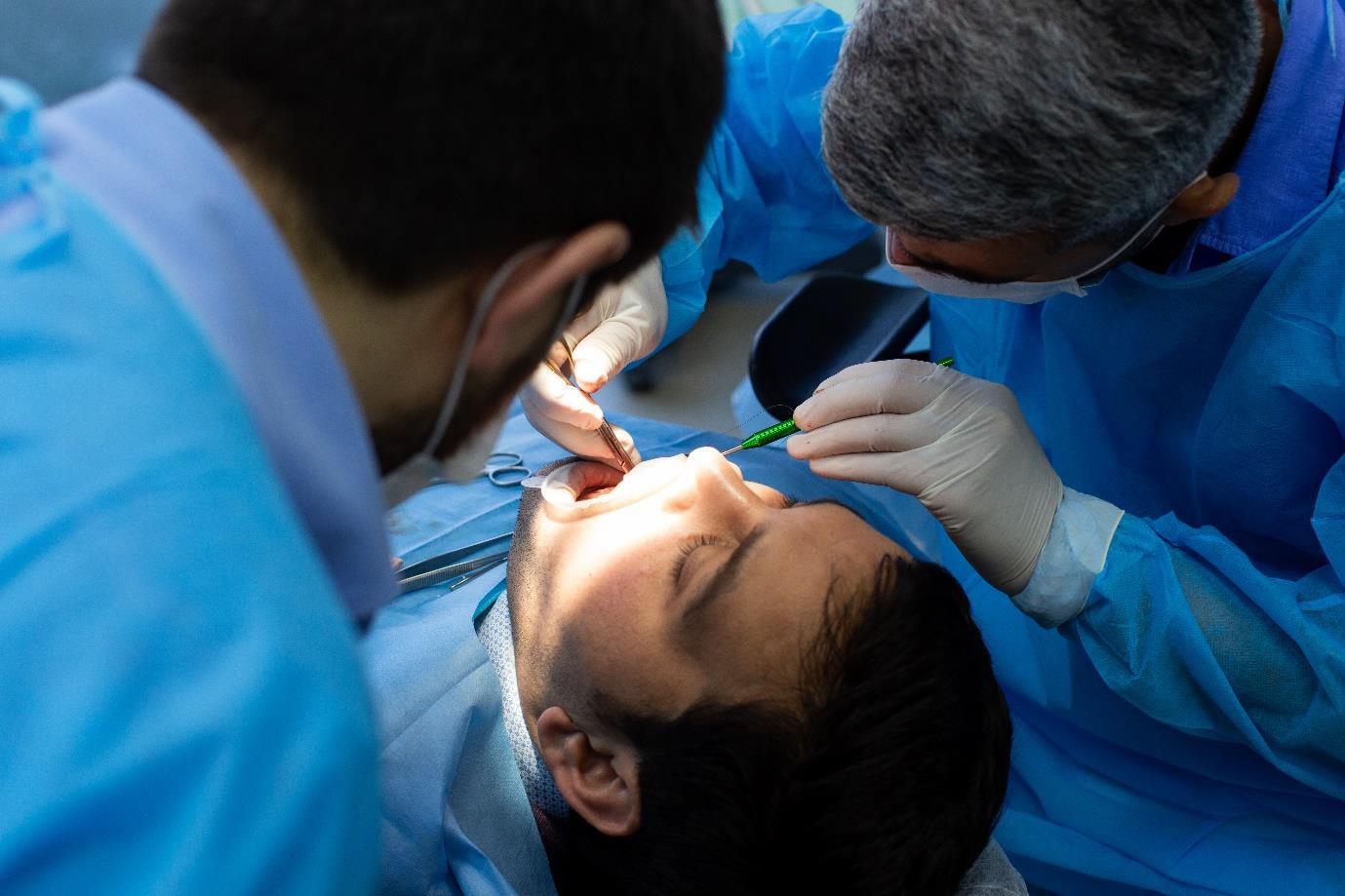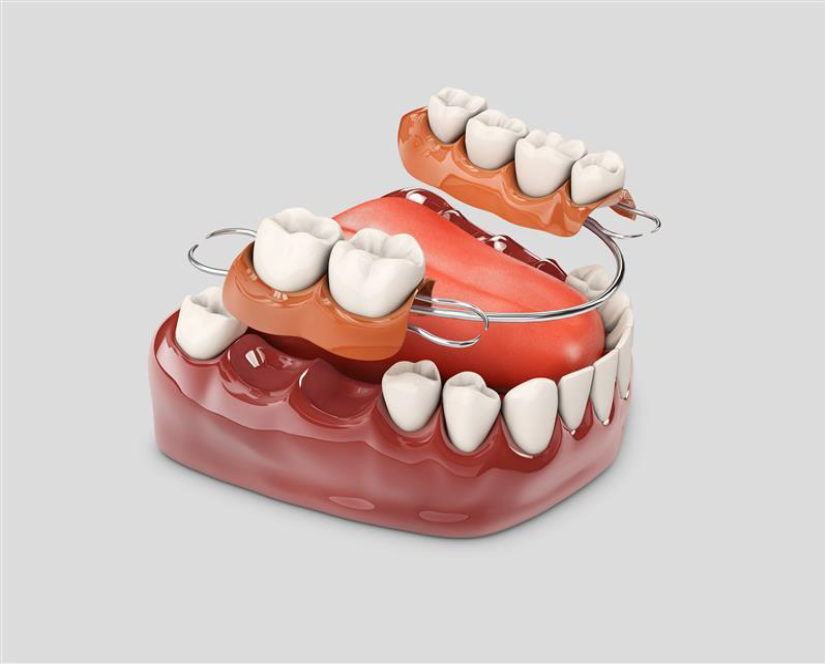Root canal treatment is a dental procedure that helps save a tooth when its inner part, known as the pulp, is damaged or infected. If you’re considering this treatment or just curious, here’s a simple guide to some frequently asked questions.
1. What is a root canal treatment?
A root canal treatment is a procedure used to fix a tooth that has a damaged or infected pulp. The pulp is the soft tissue inside the tooth that contains nerves and blood vessels. During the treatment, the dentist removes the damaged pulp, cleans the inside of the tooth, and seals it to prevent further issues. This helps keep your tooth healthy and functional.
2. Why might I need a root canal?
You might need a root canal if you have an infected or damaged pulp due to things like severe tooth decay, repeated dental work on the tooth, a crack or chip, or an injury. Symptoms that suggest you might need a root canal include severe toothache, sensitivity to hot or cold, a darkening of the tooth, or swelling in your gums.
3. Is root canal treatment painful?
Most people find root canal treatment to be no more painful than getting a filling. The dentist uses local anesthesia to numb the area, so you shouldn’t feel pain during the procedure. You might experience some discomfort or mild pain afterward, but this can usually be managed with over-the-counter pain relievers and should go away within a few days.
4. How long does the procedure take?
The length of a root canal can vary, but it usually takes about 60 to 90 minutes. Some cases might take a bit longer depending on the tooth’s condition. Your dentist can give you a better idea of how long your specific procedure will take.
5. What happens after the root canal?
After your root canal, the dentist will put a temporary filling in the tooth to protect it. You’ll need a permanent restoration, like a crown, to fully restore the tooth’s function and look. Your dentist will schedule follow-up visits to make sure everything is healing as it should.
6. How should I care for my tooth afterward?
To take care of your tooth after a root canal, keep up with good oral hygiene by brushing and flossing regularly. Avoid chewing on hard foods with the treated tooth until it has a permanent restoration. If you notice any pain, swelling, or other problems, contact your dentist.
7. Are there any risks or complications?
While root canals are generally safe, there can be risks like infection or issues with the restoration. Choosing a skilled dentist and following their care instructions can help reduce these risks.
8. How successful is a root canal?
Root canal treatments are very successful, with a success rate of over 90%. Most treated teeth can last a lifetime if properly cared for. Success depends on factors like the tooth’s condition and the dentist’s skill.
9. Can a tooth with a root canal still get cavities?
Yes, a tooth that has had a root canal can still get cavities if it isn’t properly cared for. Regular dental check-ups and good oral hygiene are important to keep it healthy.
Root canal treatment can be a straightforward way to save a tooth and keep your smile healthy. If you have more questions or need personalized advice, don’t hesitate to ask your dentist




















